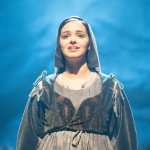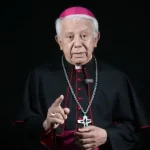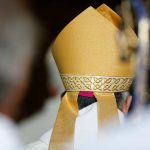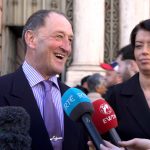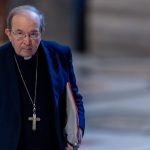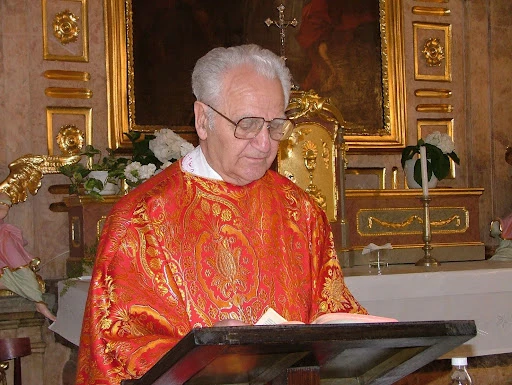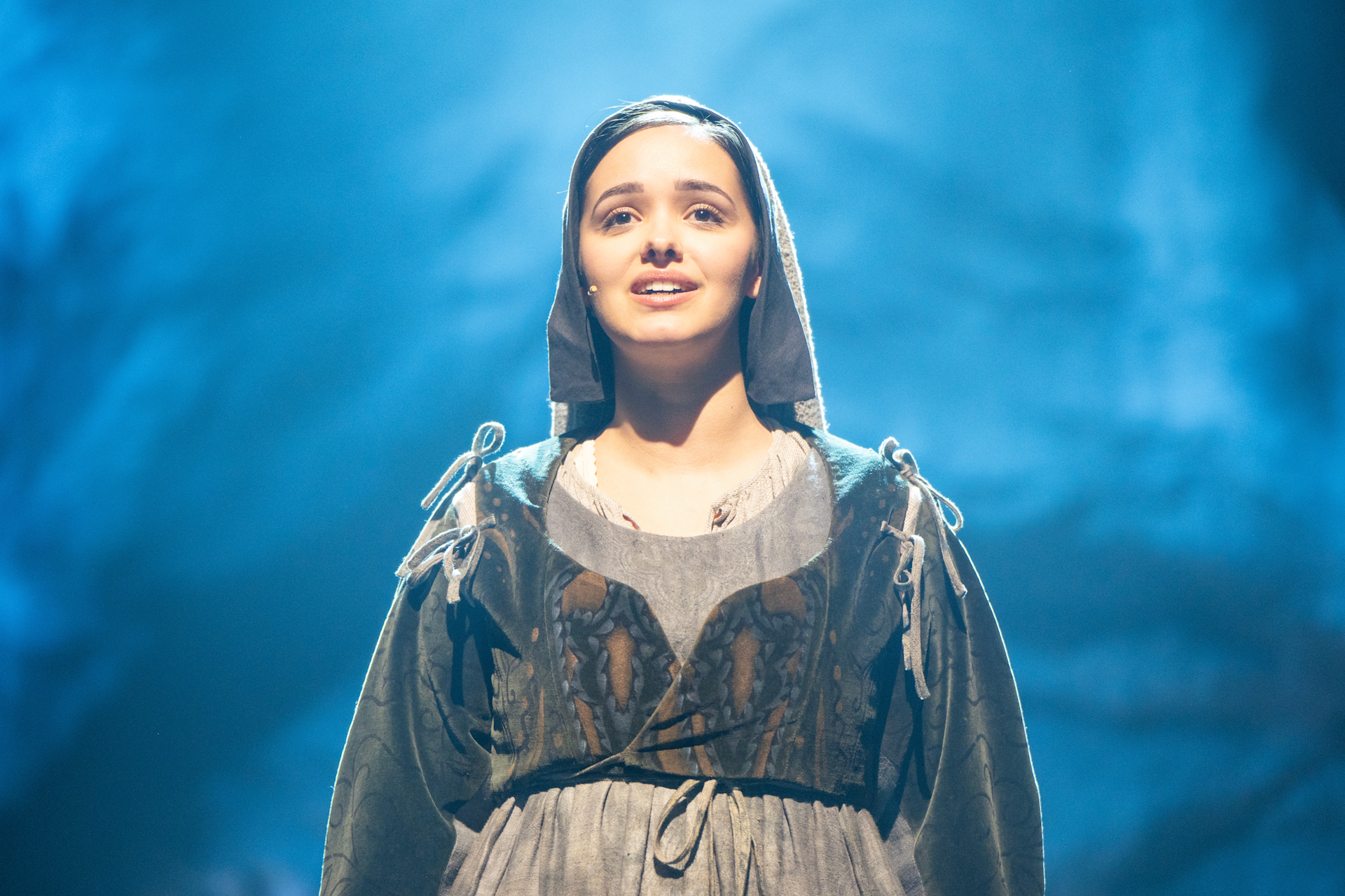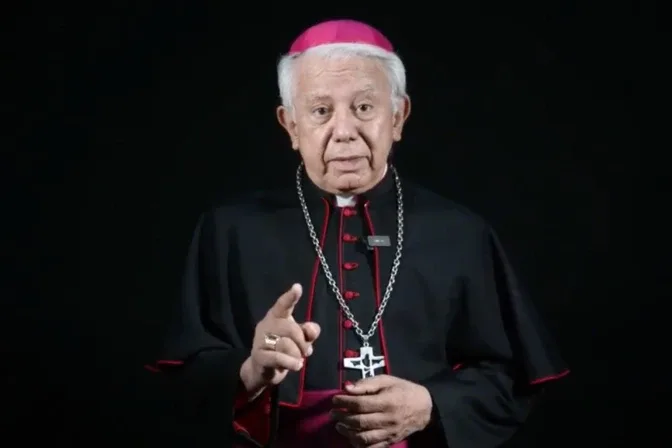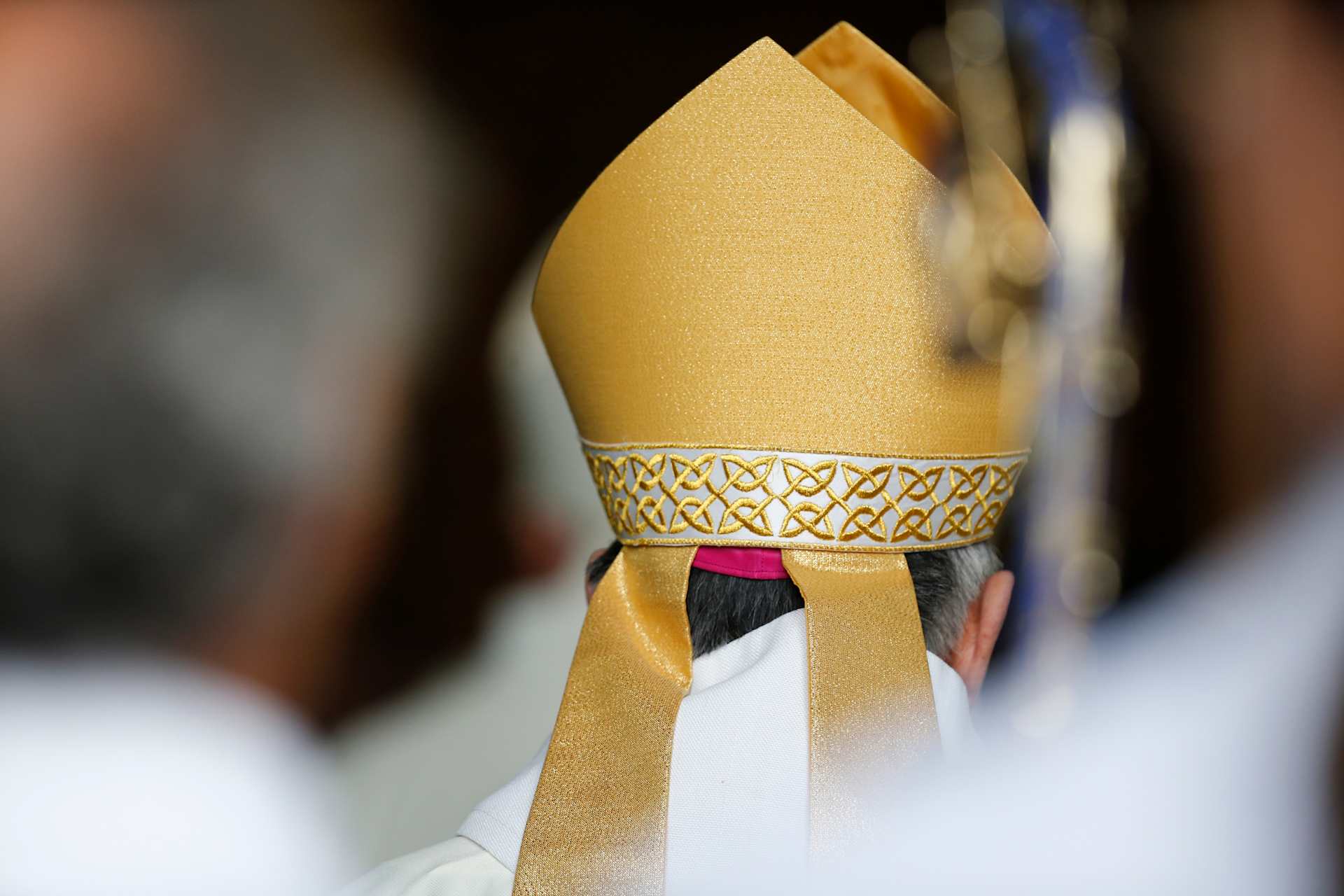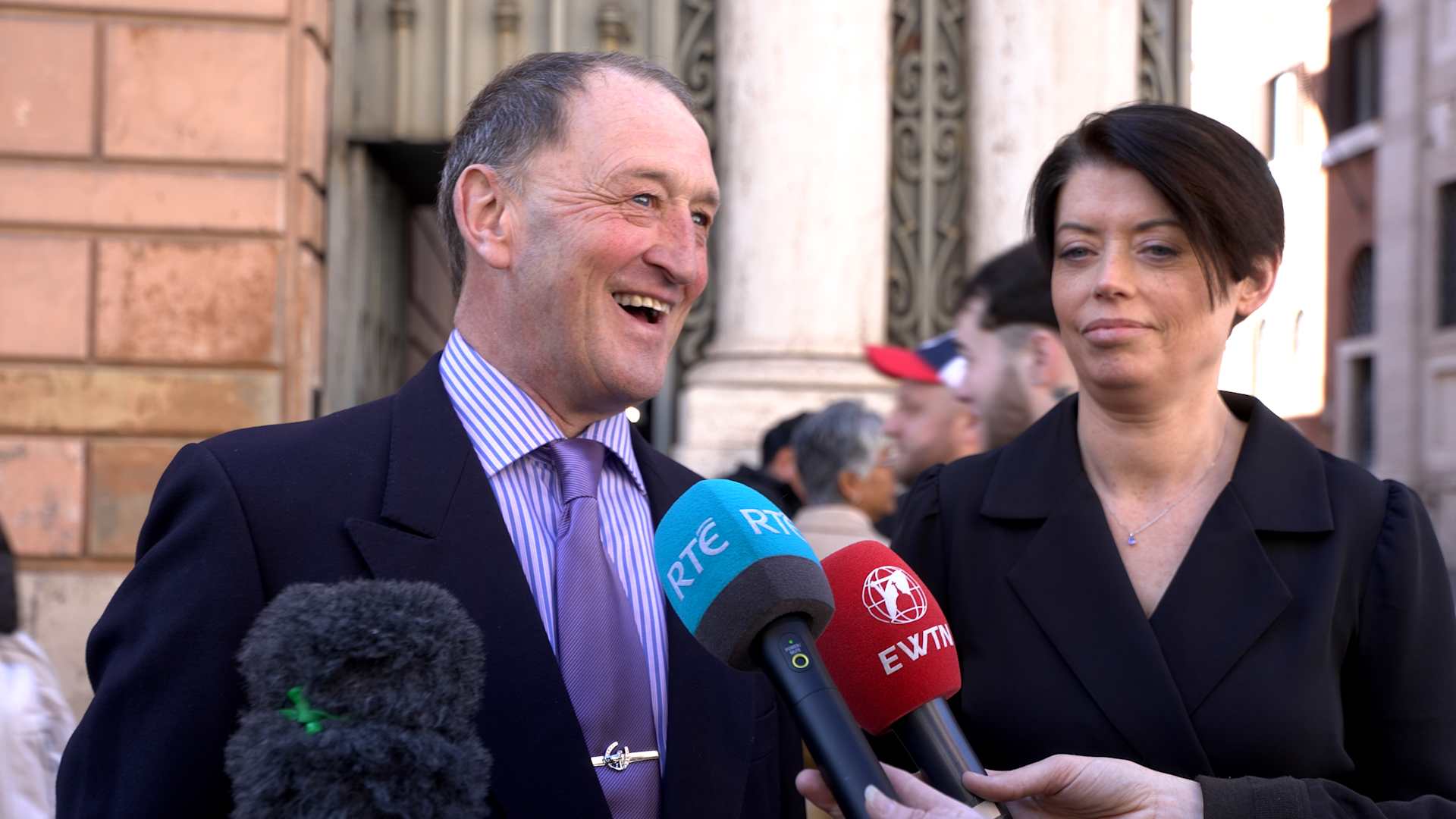
Father Vladimír Jukl who was born 100 years ago, was a secretly ordained Catholic priest in communist Czechoslovakia, and endured imprisonment and torture. He was a key figure in the underground Catholic resistance and inspired thousands through faith, courage, and quiet leadership. / Credit: Karol Dubovan
Rome, Italy, Oct 27, 2025 / 06:00 am (CNA).
A hundred years ago, Vladimír Jukl was born — a secretly ordained Catholic priest in communist Czechoslovakia who endured imprisonment and torture yet helped bring down the regime. A key figure in the underground Catholic resistance, he inspired thousands through faith, courage, and quiet leadership.
In 2022, a film titled “The Free Men: A Story of Friendship That Changed Slovakia” told his story. Among those who viewed it were then-Prime Minister Eduard Heger and President Zuzana Čaputová. The following year, former dissident František Mikloško published “Vladimír Jukl: In the Front Line of a Great Story.”
Born in Bratislava in 1925, Jukl was accused of “treason” — that is, of forbidden religious activity — during the communist era. He was tortured, imprisoned, and held in solitary confinement.
“The greatest crime of all was Catholic religious activity. Everyone suspected of it was, after some time, placed in maximum isolation called ‘The Vatican’ in various prisons,” wrote fellow dissident Silvester Krčméry in “Truth Against Power.”
“I was sentenced to 25 years in prison [and observed that] many people without faith touched electric wires to be killed by the current or found another way to disappear from life. I believed the Lord would help me and prayed,” Jukl recalled.
After his release, he continued his mission — this time underground.
The ‘general’ of the secret Church
Bishop Ján Korec, a Jesuit who was secretly ordained a bishop and was later named a cardinal, approved a plan to build a network of small prayer communities at every university faculty and even in individual classes in Bratislava, now Slovakia’s capital. Jukl and Krčméry oversaw the network.
The two regularly met with coordinators to foster spiritual formation and organize activities such as retreats and excursions outside the city — nicknamed “feasts.” Their leadership earned them the nickname “Generals of the Secret Church.”
These communities nurtured a generation of Catholics whose mature faith became a quiet force for cultural and spiritual renewal under the communist regime.
Bestselling author Rod Dreher later highlighted Jukl and Krčméry in “Live Not by Lies,” his book about Christian resistance under totalitarianism. Citing accounts from other dissidents, Dreher wrote that the pair were “like a magnet for the young idealists ready to absorb whatever they offered.”
Their clandestine activities required great caution. To protect one another, participants would never arrive or leave meetings all at once, and many knew only each other’s first names.
A mathematician by training, Jukl also wrote for samizdat publications and served as secretary of the Union of Slovak Mathematicians and Physicists. Korec later secretly ordained Jukl a priest — expanding his means of spiritual formation and ministry.
Contact with Karol Wojtyła
During a mountain trip near the Polish border, Jukl and Krčméry met a young priest named Karol Wojtyła. When he later became archbishop of Kraków, they visited him in Poland as travel restrictions eased.
After Wojtyła’s election as Pope John Paul II in 1978, Jukl reportedly told friends: “You cannot imagine what this will mean for us.”
Many later noted that the Polish pope’s moral and spiritual influence profoundly encouraged those resisting communism throughout Central and Eastern Europe.
Through Wojtyła’s close friend Wanda Półtawska, the pope remained informed about the Church’s situation in communist Czechoslovakia. After the fall of the regime, he invited Jukl and his collaborators to the Vatican.
The ‘Candle Manifestation’
Jukl also co-organized the famous “Candle Manifestation,” a 1988 public prayer for religious freedom held in Bratislava’s Hviezdoslav Square.
On that rainy evening, thousands gathered with candles under umbrellas only to be dispersed by water cannons and police batons as loudspeakers ordered them to leave. The event became a symbol of nonviolent resistance that foreshadowed the 1989 Velvet Revolution.
“Our goal is not only the good of the Church but also of the whole of society. Christianity is misunderstood by those who see it as something passive, an escape from the world. The opposite is true. Christianity encourages action — lively participation in everything that creates true values,” Jukl said, as quoted in Mikloško’s book.
After the fall of communism, Jukl continued to lead prayer groups in democratic Slovakia until his death in 2012.


